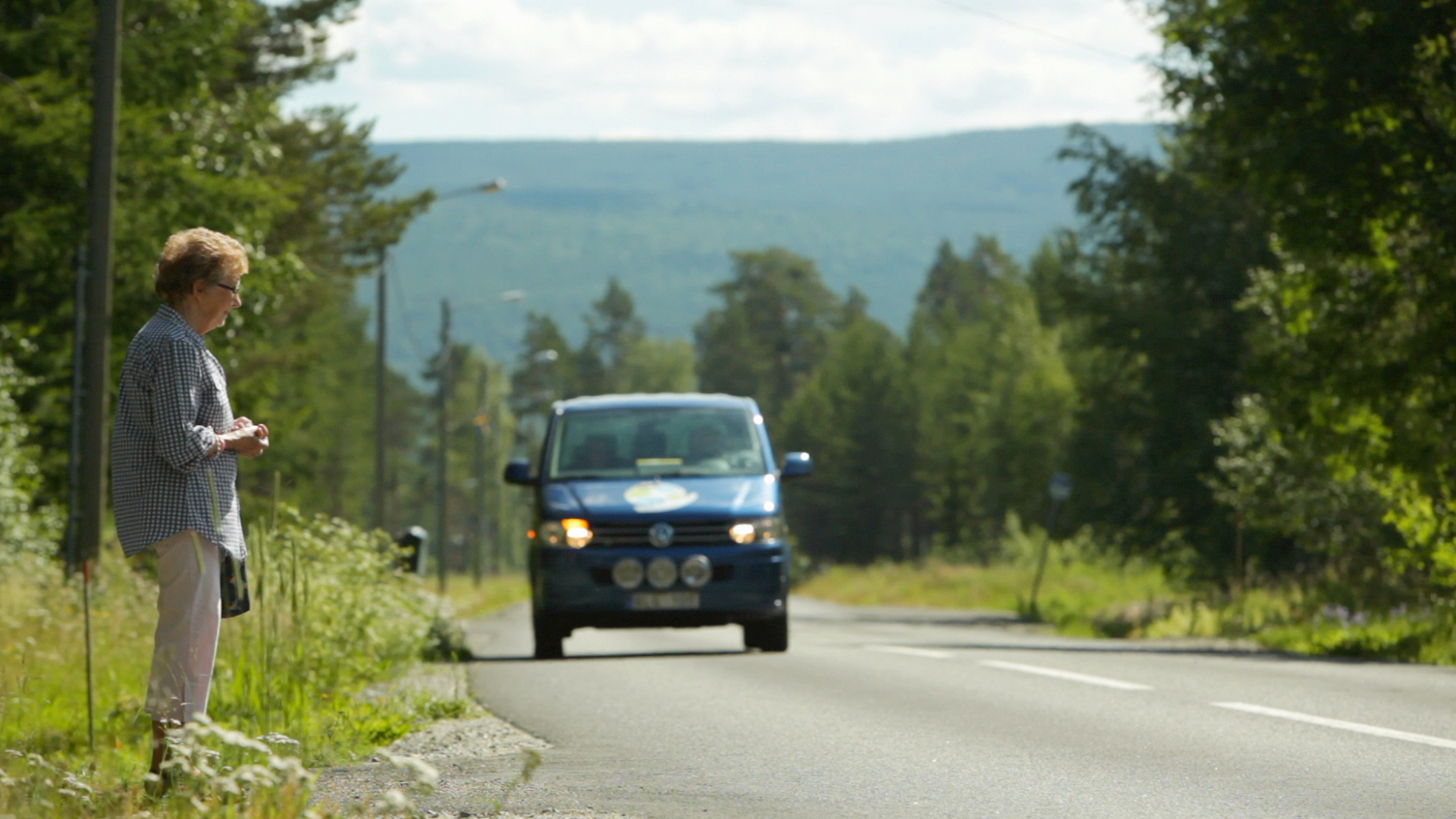Communities in Finland, Scotland, Sweden and Iceland are cooperating to overcome the limited availability of public transport in areas facing remoteness, low population density and an ageing population with youth out-migration. The 'Rural Transport Solutions' (RTS) project aims to develop innovative and sustainable rural and coastal transport schemes and services to reduce social exclusion of people from sparsely populated areas and to enhance the vitality and sustainability of these areas in No
- 14 June 2012

Communities in Finland, Scotland, Sweden and Iceland are cooperating to overcome the limited availability of public transport in areas facing remoteness, low population density and an ageing population with youth out-migration. The 'Rural Transport Solutions' (RTS) project aims to develop innovative and sustainable rural and coastal transport schemes and services to reduce social exclusion of people from sparsely populated areas and to enhance the vitality and sustainability of these areas in Northern Periphery.
The 'RTS' project, which benefited from an EU investment of almost 1 million euro, carries out pilot schemes testing alternative rural transport solutions in order to develop an overall rural transport action model that other regions in the Europe’s Northern Periphery with similar issues can utilise to set up transport solutions of their own.
The Village Bus of Kölsillre in Sweden is one successful pilot of the 'RTS' project (see video). The concept of 'The Village Bus' is that the village residents organise their own public transport by means of a minibus. There are no fixed routes, or departure times. The bus is stationed in the village and mostly drives towards the bigger town of Ånge situated 45 km away. It is free of charge and people can ask the bus to be there at a specific time.The bus also stops to pick up people standing on the road. It is therefore public transport adapted to the population's specific needs.
In 2011, The Village Bus of Kölsillre transported more than 4 100 passengers, which is substantial for a population of only 100 inhabitants. People without a driving licence or access to a car can remain living in these remote areas. Even people owning a car would rather use the bus since for them this is more environmental-friendly and cost effective. The bus also offers opportunities to establish social contacts during the trip. In March of this year, The Village Bus won a competition arranged by the Swedish Public Transport Association for the best solutions in public transport in Sweden.
Karin Gunnarsdotter Eriksson, user of the Village Bus and inhabitant of Kölsillre states:
“The RTS project has not only given us a priceless public transport service. From the international perspective, it has also given us a ticket to a direct participation in the EU now that we feel involved in a project that really makes a big difference for us here in Kölsillre. From a regional perspective, the project has taken the municipality and the county council closer to us. We were, and still are, very much involved in the development of the service and this cooperation will go on even after the project ends."
More information:
- Regional Council of North Karelia, Finland (project implementer)
- The Village Bus (pilot project)
- Northern Periphery Programme 2007-2013 (European Territorial Cooperation Programme)
